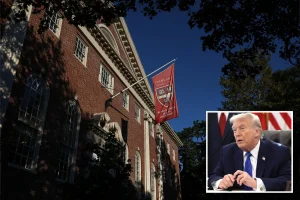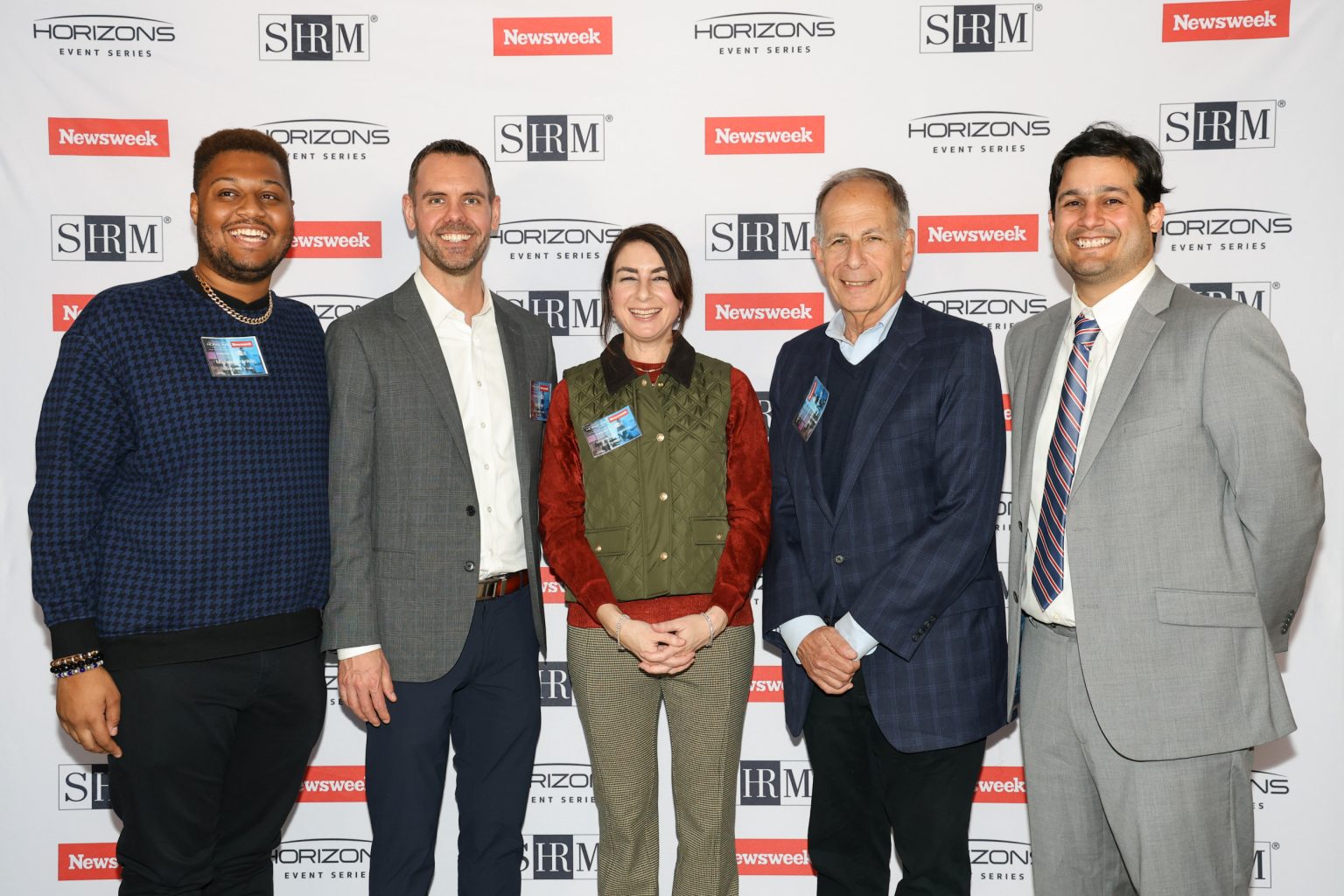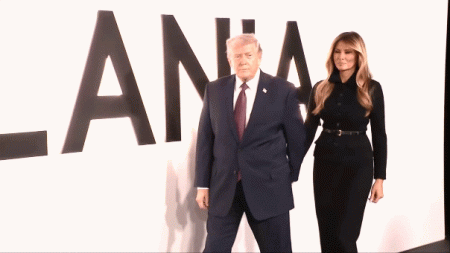The volatile nature of political discussions in the workplace poses significant challenges for organizations, potentially fueling conflict, hindering productivity, and ultimately impacting the bottom line. Recognizing this, Newsweek Horizons, in partnership with the Society for Human Resource Management (SHRM), hosted an event titled “Better Workplaces: How to Foster Inclusion and Civility” to address this complex issue. The panel, composed of medical, legal, and social psychology experts, dissected the intricacies of navigating political discourse at work, emphasizing the need for civility and inclusive environments. The backdrop of the recent, and highly divisive, 2024 presidential election underscored the timeliness and importance of the discussion, as workplaces across the nation grappled with the spillover of political tensions.
A key takeaway from the event was the quantifiable financial impact of workplace incivility, much of which stemmed from political disagreements. SHRM’s Chief Human Resources Officer, Jim Link, revealed alarming statistics, citing 223 million daily acts of incivility in U.S. workplaces, with a 30% increase observed over the course of 2024. This incivility, often manifested as reduced productivity and increased absenteeism, translates to an estimated daily loss of $2.7 billion for American businesses. Furthermore, Gabriella Rosen Kellerman of BetterUp presented data connecting drops in employee well-being and productivity to “spiking political events,” such as elections. BetterUp’s research, based on the past three U.S. election cycles, estimated a loss of $900,000 per week for approximately 10,000 employees due to politically driven absences. Beyond the financial implications, the panel highlighted the detrimental effects of political tension on team collaboration, mental health, and the crucial sense of belonging among employees.
Stephen Paskoff, President and CEO of ELI, emphasized the confusion and challenges faced by business leaders in navigating this increasingly polarized environment. He underscored the heightened sensitivity surrounding political discussions, placing them on par with conversations about race, gender, religion, and other protected characteristics. The proliferation of communication channels, from email and voicemail to text and social media, has further amplified the potential for antagonism and conflict. Paskoff advocated for a values-driven approach, emphasizing the importance of establishing and actively promoting shared values within the organization, much like safety protocols. Given the significant amount of time individuals spend at work, he stressed the need for workplaces to prioritize a sense of common purpose and shared values to foster a positive and productive environment.
The discussion also delved into the nuances of perceived harm and vulnerability, particularly in the context of differing political viewpoints. Dr. Kurt Gray, professor of psychology and neuroscience, explained how individuals with varying political leanings perceive harm differently, influenced by their respective media consumption and social circles. This divergence in perspectives can lead to misunderstandings and conflict within the workplace. The panel referenced real-world events, including the murder of UnitedHealthcare CEO Brian Thompson, to illustrate how interpretations of vulnerability and power dynamics can differ drastically based on political affiliation. This underscored the need for businesses to create inclusive environments where all employees feel safe and respected, regardless of their political beliefs.
Michael Franklin, Executive Director of Speechwriters of Color, highlighted the importance of proactively addressing the impact of contemporary policies on employees, using the example of newly elected Representative Sarah McBride, the first transgender person elected to Congress. He argued that organizations should anticipate and address the potential challenges faced by employees, such as those on lobbying teams, who may be directly impacted by new legislation and evolving social norms. This proactive approach to inclusion and safety ensures that all employees, including those from marginalized groups, feel supported and protected within the workplace. The discussion emphasized that fostering inclusivity is not merely about avoiding sensitive topics but about equipping employees to navigate the complex realities of the political landscape while feeling safe and respected.
The overarching message of the event resonated with attendees, many of whom recognized the potential for positive change extending beyond the workplace. Dr. Jerome Cohen, President of the Medical Society of the State of New York, underscored the significant impact of a positive workplace experience on overall well-being, given the considerable amount of time individuals spend at work. This sentiment was echoed by other attendees, who expressed optimism that the tools and perspectives shared at the event could ripple outwards and contribute to a more civil and inclusive society. The focus on actionable steps resonated particularly with those in leadership positions, providing them with practical guidance on fostering unity and motivation within their teams amid political turbulence.
The culmination of the event saw the announcement of the 2024 Civility Awards, a joint initiative between Newsweek and the Stubblefield Institute. These awards recognized individuals and organizations committed to respectful discourse in the political arena and beyond. The recipients, including Senator Debbie Stabenow, C-SPAN’s Sam Feist, and various other political figures and organizations, exemplified the values of constructive engagement and respectful disagreement. Newsweek Executive Editor Jennifer Cunningham emphasized that civility is not about suppressing beliefs or avoiding conflict, but rather about engaging in respectful dialogue, seeking common ground, and fostering an environment conducive to constructive conversations. This emphasis on respectful discourse, both within the workplace and the broader political sphere, served as a fitting conclusion to an event dedicated to fostering inclusion and civility.















